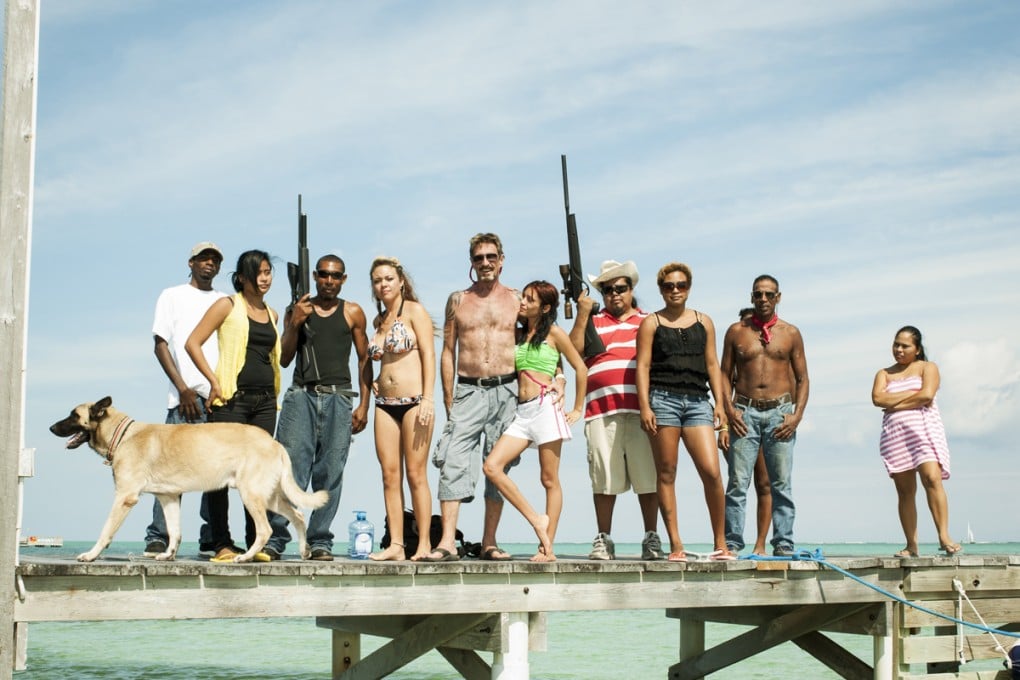McAfee, fie, fo, fum: IT giant talks guns, girls and extreme danger
He may only be part Englishman, but there has been no shortage of people out for the computer programmer’s blood since he sold his antivirus software business. He tells Jenni Marsh about a life of guns, girls and extreme danger

An ageing entrepreneur with a penchant for prostitutes; an eccentric multimillionaire tech wizard “ruined” by recession; founder of a new age Central American drug laboratory; and a man wanted for questioning over the murder of a neighbour. John McAfee, Silicon Valley’s original bad boy, is all of these things.
For years, the IT genius remained the faceless namesake of McAfee antivirus software, the business he sold in 2004 for US$100 million and which he has since publicly derided. Then, last year, a murder mystery on the sleepy island of Ambergris Caye, in the Central American nation of Belize, brought him to the world’s attention.
The morning after Gregory Faull was found with a bullet in the back of his head, McAfee went on the run, with Vice magazine in tow. He skipped Belize and faked a heart attack in Guatemala to get extradited back into the United States, where he’s now courting celebrity and making riotous self-parodies on YouTube.
But who is John McAfee? Little is known about his background, he gleefully deals journalists red herrings and his contradictory character makes him maddeningly difficult to judge. When I called him up one recent Sunday evening, he was visiting Austin, Texas, for the first time and was ready to talk about his new tech venture – and the skeletons in his closet.
JOHN MCAFEE WAS BORN in southwest England in 1946 to a British mother and a US serviceman. His parents had met in Bristol and theirs was a wartime love story. After two years, the family moved from Gloucestershire to Salem, Virginia, in the US, where he grew up.
McAfee still holds dual citizenship but says he doesn’t feel British. “I just like English tea and Marmite,” he says. But there is something very British public school about him; he’s wellmannered, charming and deftly inoffensive.